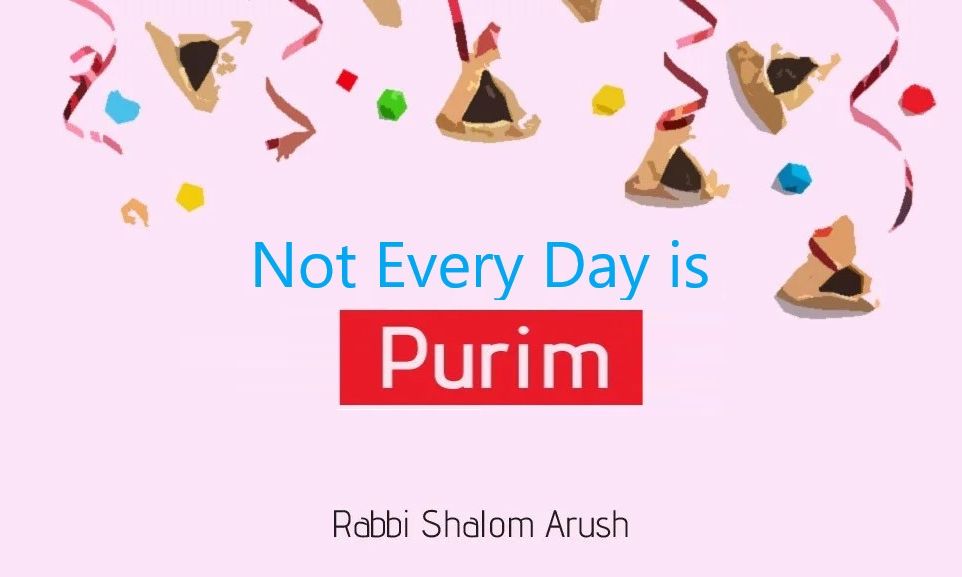
Not Every Day is Purim
For forty-eight hours all doors are open for anything you ask for! Rabbi Arush tells us how to prepare so we can take maximum advantage of this time.

Shehecheyanu!
We have yearned for and looked forward to this day and how excited we are – it is the day before the two holy days of Purim! Last week we wrote about what we mention every year: Purim prayers are accepted more readily than during the rest of the year, because in Heaven as well, the halacha of “Whoever holds out his hand, receives” applies.
There is no time more auspicious than Purim! Forty-eight hours when all the gates are open to all who ask! There is no such day any other time of the year. Not every day is Purim!
And let’s repeat: “Whoever holds out his hand” means: everyone, every one of us! Even someone who is not worthy, even someone who doesn’t deserve it, and even someone who has not done teshuva (has not repented), and even someone who is completely wicked, and transgresses all the commandments; and even if there are all kinds of considerations, and even if a decree has been made for him. It makes no difference! Purim is an et ratzon – an auspicious time – and one can obtain salvations above and beyond all the spiritual rules; and it goes without saying – above and beyond all of nature’s rules.
We must not waste this day!
And, as every year, all kinds of questions arise: What to do, and how to do and how to merit and make good use of this auspicious time.
Activating the Process
So, first, we must know the rule brought by the Holy Zohar that according to the degree of awakening and the behavior of the Jews in this world, so too the heavens are awakened and behave.
And so, the reason why we are treated to the heavenly hanhagah (way of behavior) of “Whoever holds out his hand…” is because Jews on Purim are behaving in a similar fashion and are giving tzedakah and matanot la’evyonim (gifts to the poor) without any consideration – and that is what awakens the heavenly hanhagah as well. And just like this is true for the Jewish people in general, so too it is true for every Jew: If he behaves according to the dictum “Whoever holds out his hand, receives,” he is bringing upon himself that same hanhagah. It all depends on us!
And therefore, whoever wants his Purim prayers to be accepted and bear fruit, it is highly recommended that beyond performing the mitzvah of matanot la’evyonim, one should put aside a considerable amount of money and give tzedaka to anyone who asks for it, without any regard. Even if all year round you wouldn’t spare him a look, now it is Purim, and now we do not scrutinize the supplicant and are not particular. Now is the time to give regardless. And this is true for all of us, for both days: Even if you are a Jerusalemite and your Purim is on the 15th of Adar, open your hand and our pocket and your heart on the 14th, Purim of the un-walled cities, as well to bring upon yourself the hanhagah of “Whoever holds out his hand,” and the reverse applies as well to dwellers in the un-walled cities: They should do their best to give tzedakah on Shushan Purim too. Because the hanhagah in Heaven of “Whoever holds out his hand” is true for both days of Purim, and if we want to bring upon ourselves that hanhagah wholly, we must strengthen ourselves as much as possible and on both days give to anyone who asks us for alms. And in that merit, we will bring this hanhagah from above upon us and upon all Jews, and all the prayers will be accepted.
To Go for the Goal
And now, practically speaking, one must prepare! Because as we have said in the past, it is very difficult on Purim to devote a set, lengthy time for prayer, because there are many mitzvot to do – the reading of the megillah, the mishloach manot (sending out portions of food to others) and various family events. Therefore, the best time for it is at night. The night is not the time for parties, and certainly one is not to drink anything at night. All the mitzvot of Purim are performed during the day, and the night is the time for prayer: “I cried out… before You by night.”
Therefore we must prepare ourselves, rest a bit before Purim, prepare whatever is necessary for the festive meal and the mishloach manot ahead of time, and focus on the goal: Go out and do hitbodedut immediately after the megillah reading at night, or to go to sleep early and get up at midnight or in the early hours of the morning and devote a good few hours to prayer.
What should one pray about? My recommendation is to make a list and pray about everything, devoting a few minutes of prayer to everything you need in every realm of life. but besides that, focus! Choose one thing, one salvation that is most needed, a fundamental area in your life where you want to see real and deep change – and pray for that at great length. You will see a great yeshua (salvation)!
I am asked: why is it necessary to pray at length on Purim? After all, “Whoever holds out his hand, receives”! Praying at length works all year round, regardless of whether it’s Purim or not, because the Gemara says that “whoever prays at length, his prayer does not go unanswered.” So, what is different about Purim? You might think that what is different is that even a short prayer is enough to activate a salvation. But is that true?
Prayer is Not a Shopping List
Let’s clarify things. Every prayer acts somewhat. This is true both for a short prayer and a long one. But prayer is not a shopping list. You cannot come to Hashem and read out a list: “Give me a spouse, money, children, and good health…” That is not prayer. Because prayer is “service of the heart.” Prayer is begging for mercy and beseeching. Prayer is a conversation and a connection with the Creator. Prayer is a serious thing. It is impossible to do something so serious in a rush, offhand.
“Look, Hashem. I don’t have much time, but I know that whoever holds out his hand etc. – so find me my spouse, okay…?” Does that sound like a serious prayer? Of course not. If you want a spouse, you must build the prayer and spend time on it: Thank Hashem for everything He has given you up to this day, tell Him about your disappointments, difficulties, and waiting, all that pain. Strengthen your emuna (faith) and spell out to Him all your aspirations and desires to build a good home. And go into detail! It is only for getting married that one must give so many details, including the desired connection and the establishment and building of the home. And, of course, all about your future life.
Prayer is a whole edifice. As they say in the holy books, “an entire floor”. To produce a whole and qualitative prayer one must spend time on it. A true prayer is only one that comes from the heart, and awakening the heart takes time. And if it’s not from the heart – it isn’t prayer, but rather a shopping list, as we said above.
Shortening the Process
“Whoever holds out his hand” doesn’t mean that one doesn’t have to pray, as in “Before they call out, I will answer.” No! On Purim one must pray. And the prayer should be a proper prayer. And a proper prayer is organized, serious, long and detailed.
For the salvation on Purim came thanks to the lengthy prayers of Esther and the Jewish people, who fasted and did teshuva, and prayed for three days and three nights. Even after Haman had been hanged and Esther wanted to annul his decree, she still prayed at length, as it says, “Esther spoke to the king again, falling down at his feet, weeping and pleading with him.” This is a long sentence, which indicates a long and deep and very serious prayer of Esther to the King of the World, thanks to which this great salvation came about for generations! So, what is the difference between Purim and the rest of the year? During the year a person might need, for example, twenty hours of prayer so that it will be considered lengthy; on Purim one hour suffices. This is just a rough example, just to demonstrate the idea. The principle is that on Purim, prayer acts much more strongly and quickly, but, as we said, it must be a proper prayer. And a proper prayer is clear-headed and long.
Relief and Salvation for the Jews
To conclude, let us mention the most important thing: Do not pray only for yourself! One mustn’t forget – not even for an instant – all other Jews. And even more so in our situation today, with the Jewish people in great danger: Our soldiers are in danger, many families are deeply anxious; the hostages are still being held captive and their families have no day and no night, and tens of thousands of Jews have been exiled from their homes – we mustn’t stay silent! We mustn’t ignore all this! We mustn’t think only of ourselves!
“If I do not set Jerusalem above my highest joy” – the Jewish People comes before everything, so this auspicious time should be devoted first to the Jewish People. The biggest and strongest prayers should be for the entire Jewish People as a whole! And anyone who prays for the Jewish People will be answered first.
Wishing you a Happy Purim, and great salvations for us and for all Jews.


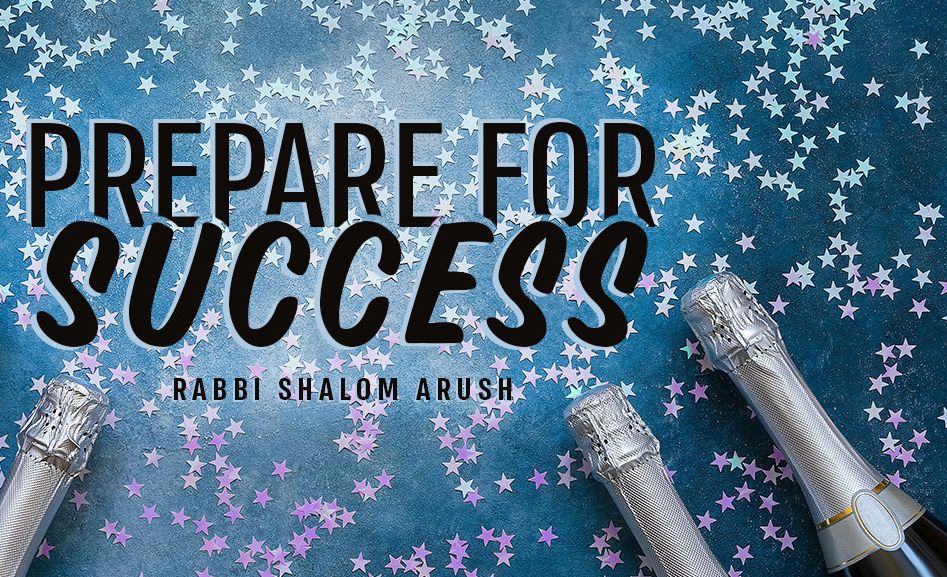


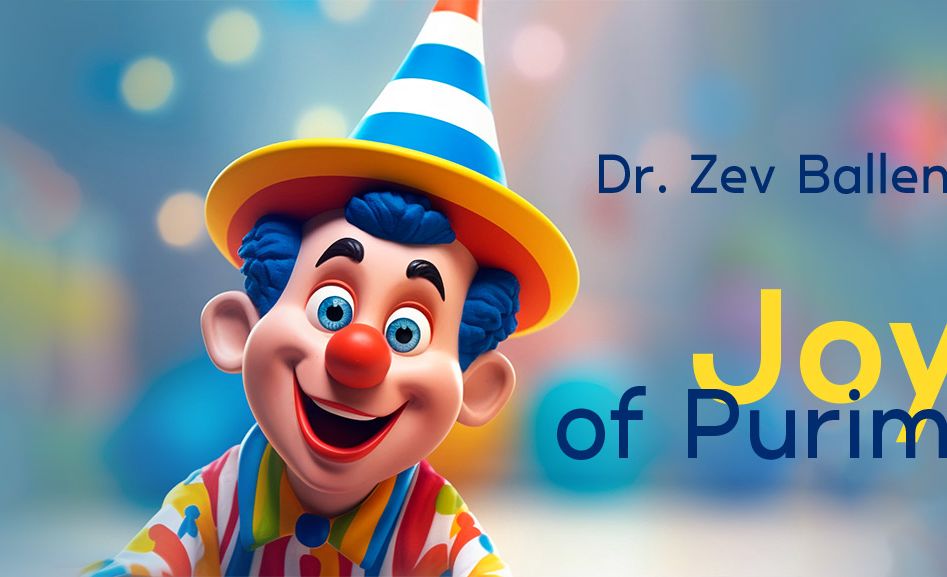


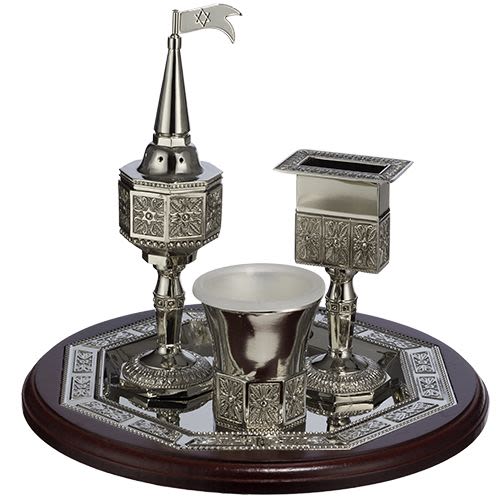
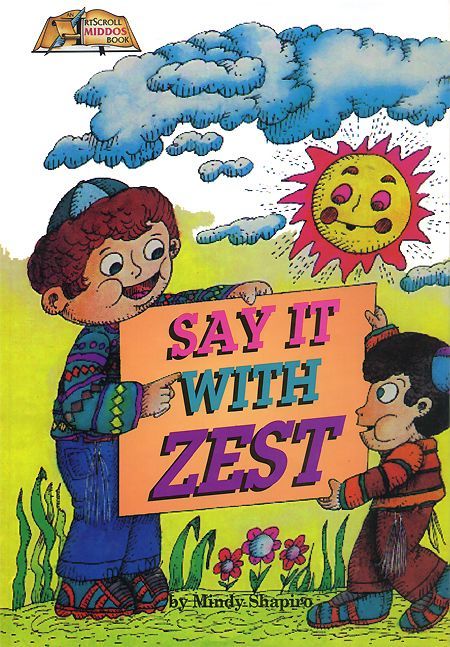


Tell us what you think!
Thank you for your comment!
It will be published after approval by the Editor.